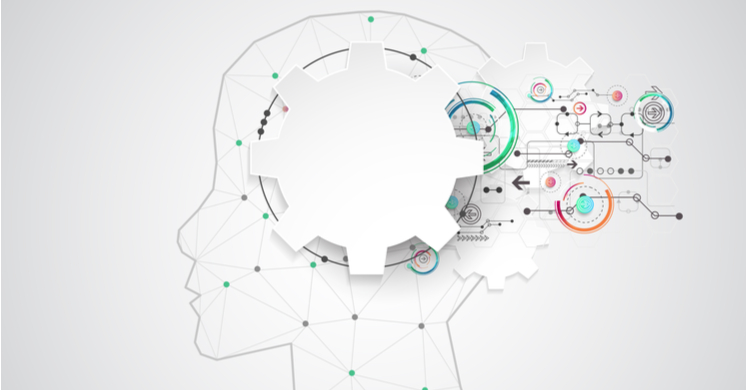How artificial intelligence (AI) will affect our lives in 2019
From a consumer perspective we will see more use of artificial intelligence (AI) in the home. Devices such as Amazon Echo and Google Home have paved the way in 2018 for real-time assistants, and they are becoming smarter every month.
In a break from its use in pure tech and software companies we will start to see AI used heavily in other areas of business. AI will enable more traditional businesses such as manufacturers, agriculture device or health care companies to develop dozens of AI solutions to help their operations.
At the same time, the year ahead will also bring its share of debate about AI and intelligence in general. We already have self-driving cars on roads in USA, making life or death decisions daily. Thus, we can expect more regulation of AI in the year to come. While the public generally fears AI and its impact on jobs, being at the forefront of this field reassures us that we are still far from general machine intelligence, at least 10 years.
From a technological standpoint the 2019 revolution is mostly a data volume event. Recent advances enable AI to deliver accurate conclusions with less data. While beyond a million labelled data points were required before, this year will see the same results achieved from just a few thousand. This will open the door to previously unimagined opportunities, as for many business collecting beyond a few thousand data samples is simply impossible or too costly.
Research and technology leaders, such as Google, are transforming AI. They are commoditizing the foundation of most AI solutions by providing highly accurate and cheap text, video, sound and image to machine actionable deep representations. It means that, except for research purpose, AI solutions will not be built from scratch, but instead will rely on building blocks with additional task-specific learning.
Among the most prominent trends in AI is the shift towards more intelligent machines. To date, AI has really been all about finding the solution to a narrow problem delivering one or a few outcomes at most. However, recent research in a narrow field called “reinforcement learning” provides a glimpse of the future: AI will progressively be able to understand the complex world around it with less and less supervision, in the same way that humans learn. This, coupled with ways to store AI memory, will lead machines to start understanding causality and linking facts together.




.webp?width=1644&height=1254&name=Food%20Safety%20Dashboard%201%20(1).webp)
